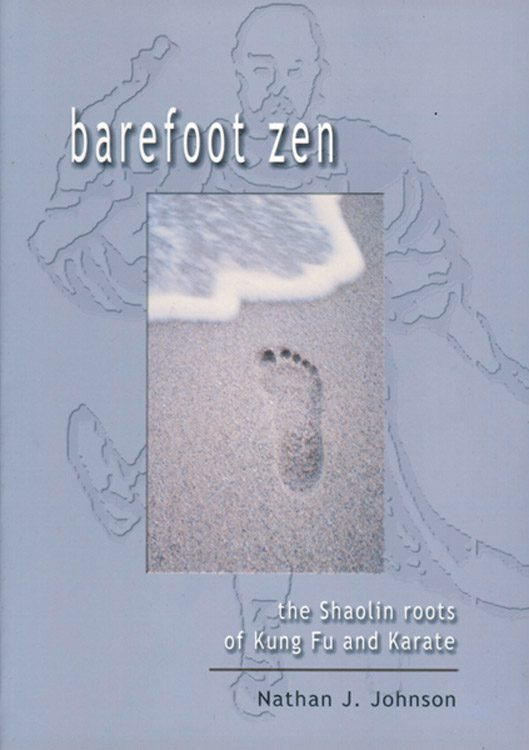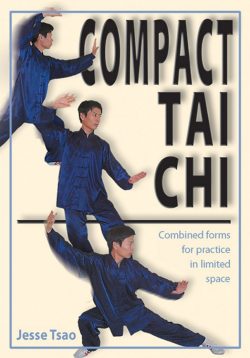Most books about Kung Fu or Karate deal with techniques or history. Few examine the underlying purpose of these arts, or approach them as a tool for spiritual, rather than physical, development. Barefoot Zen is a brave new approach to the martial arts, which clearly demonstrates that the traditional movements of both Kung Fu and Karate, contained in the solo choreographed sequences of movements known as forms (or kata), grew out of the spiritual practices of the Shaolin order of Buddhist monks and nuns. Nathan Johnson explains that this mystical and nonviolent teaching is a profound and beautiful expression of Chan (Zen) Buddhism and its pursuit of wisdom, peace, and enlightenment. Contrary to popular assumption, he contends that it was never intended to be an actual means of selfdefense. Barefoot Zen bridges the gap between Kung Fu and Karate, and reveals their common origin through the disclosure of vital research material on three of the world’s most important Karate kata.
Part I explains the spiritual disciplines that contributed to what we know as the martial arts.
Part II explains the creation of the art along with practical instruction for performing kata.
Part III explains the formation of many of the world’s Kung Fu styles.
We learn that the original “empty hand art” was used as a method of kinetic meditation between pairs and was designed as a practical tool to assist practitioners in transcending the fear and insecurity of everyday living. Barefoot Zen makes the legacy of the Shaolin way accessible to all, releasing the art from the clutches of popular images and painful concerns about selfdefense. The legendary courage of the Shaolin (Chan/Zen) order was not developed by fighting with enemies, but by not fighting!
The Shaolin teaching was designed to free us from fear, the only true enemy.




